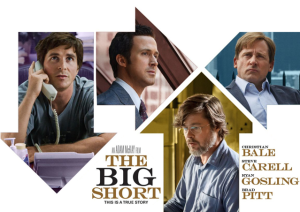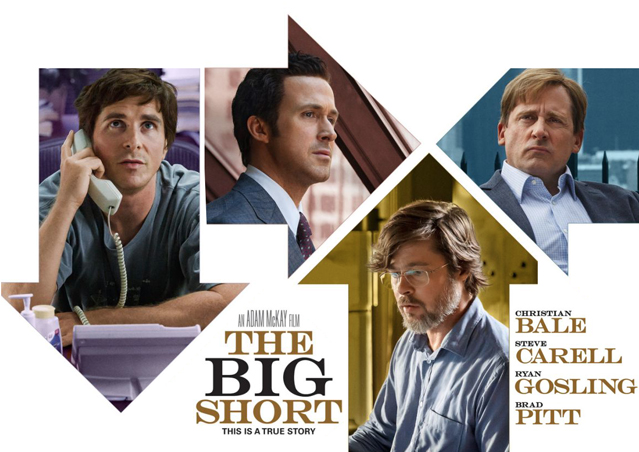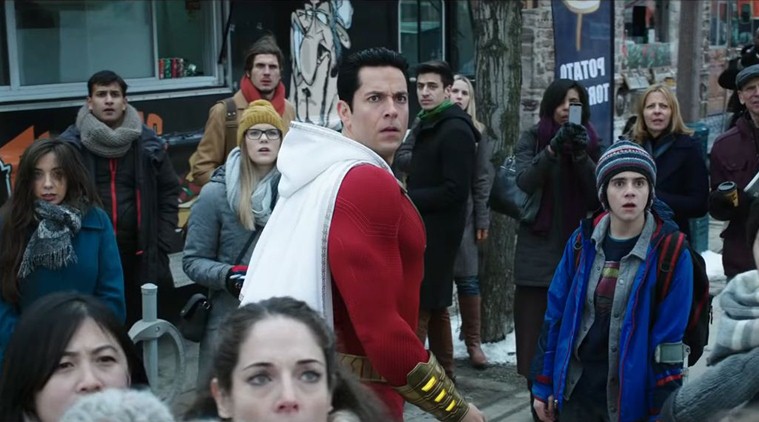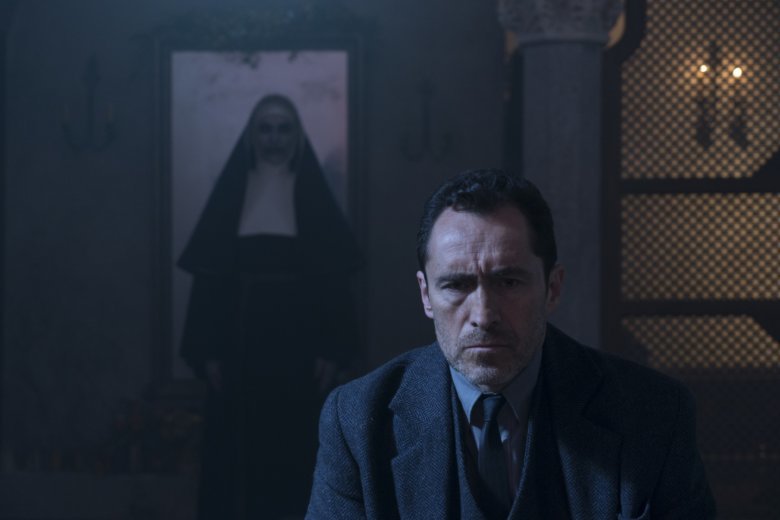
“The Big Short” deals with the secret world of banking and the problems from during the 2007-08 financial crisis.
A standard movie centered on the 2007-08 financial crisis could make anyone fall to sleep after the first sentence.
Americans, while familiar with the woes of the crisis, may find a movie on economics boring. But “The Big Short” is different as it understands their resistance and functions on this principle.
Despite its complex subject, “The Big Short” is riotously funny, delightfully clever and lighthearted; all of this occurs while doing justice to the subject matter.
The film is co-written and directed by Adam McKay, known for “Anchorman” and “Talladega Nights.” It is an adaptation of the 2010 best-seller “The Big Short” by journalist Michael Lewis.
Arrogant stock trader Jared Vannett, played by Ryan Gosling, narrates the beginning by explaining the remarkable, questionable world of banking.
Vannett begins at “ground zero” of the financial crisis—the advent of the mortgage-back securities. It is the moment that “brought banking from the country club to the strip club.” This would mutate and backfire, which causes the collapse in 2007-08.
From there, the story moves to other stock analysts who were able to see the crash coming. The first one is Michael Burry, played by Christian Bale, a socially-inept statistical genius.
After going through abundant amounts of personal mortgage payments, Burry realized there was a lot of unpaid debt in the American economy. But no one would accept it as true. To the disapproval of at his hedge fund, he bets big against the American economy.
There are two other groups who saw the crash coming and believe in Burry’s funding.
The first group is led by Mark Baum, played by Steve Carell, and his team of cynical economists who find pleasure in betting against big business just to say “I told you so.”
Ben Rickert, played by Brad Pitt, is a disaffected Wall Street big shot. He leads the other group and prefers to invest in seeds than put money in the stock market. He is pulled into betting against the American economy by two young, naive and giddy bankers with profit on their minds.
The underdogs are the ones viewers root for so they can enjoy the “I told you so” moment. But victory, in this case, is bittersweet.
“What I hate about banking is that it reduces people to numbers,” Rickert said. “Did you know that every time unemployment goes up one percent, 40,000 people die?”
The film’s clever education for the audience is use of hilarious cutaways and the slick, cynical and entertaining narration by Vennett.
But its use of hilarious cutaways to celebrities to explain the difficult information is smart. For example, instead of having the narrator explain subprime bonds, Margot Robbie in a bubble bath talks about it. It’s a wonderful way to get information across without simplifying it.
Once the films ends, emotions like anger and betrayal—felt in the film by its characters—are normal for seeing the worst of American capitalism.
“The Big Short” may lose Best Picture at the Oscars to “The Revenant,” but it is by far the most important, urgent and enjoyable film this Oscar season. It is a rare gem that, through its inventive storytelling, enthralls and educates audiences and gives purpose to the movies.
Get angry, get educated and get to a theater to see “The Big Short.”














